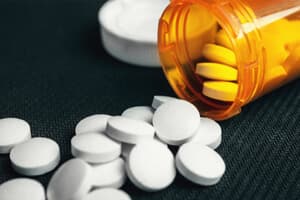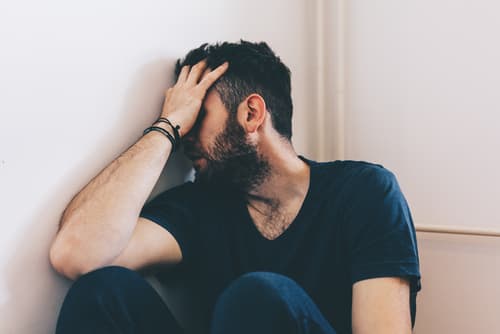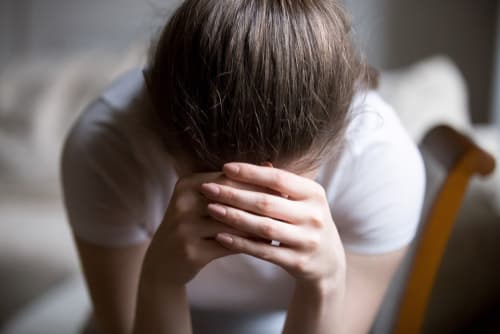Opioid Use Disorder & Treatment
Prescription Opioid Addiction
Opioid Addiction Treatment
Rehab Features & Amenities
What Are Opioids?
Opioids are a class of drugs that include prescription opioid painkillers and heroin. Prescription opioids include:1
- Codeine.
- Oxycodone (OxyContin, Percocet).
- Hydrocodone (Vicodin, Norco).
- Morphine.
Fentanyl is another prescription opioid medicine that is extremely potent (80–100 times stronger than morphine) and has been at the center of the opioid overdose crisis. This synthetic opioid is prescribed legally for significant pain, such as that related to cancer, but is also now produced and sold illicitly and commonly added to heroin to increase its potency.2,3

Opioid Effects & Risks
Misusing prescription opioids carries significant risks with potentially life-altering consequences. Opioids are highly addictive, and even short-term use can lead to dependence and cravings.
Furthermore, opioids slow down breathing, and taking too much can lead to respiratory depression and death. The risk of overdose is increased when mixing opioids with other drugs or alcohol.

Signs of Opioid Misuse & Addiction
When someone is addicted to either illicit or licit opioids, they have an opioid use disorder (OUD). While only a medical professional can officially diagnose someone with an OUD, knowing what the criteria are can be immensely helpful for not just understanding the disorder, but getting yourself or a loved one the help that they need.

Opioid Withdrawal & Detox
For many individuals stopping the use of opioids can trigger a challenging and complex process called withdrawal. While rarely fatal, withdrawal can be intensely uncomfortable and difficult to get through on your own. However, detox provides medical supervision and support to safely manage the physical and emotional symptoms associated with withdrawal.

Treatment for Opioid Addiction
Opioid addiction should not be a life sentence for anyone. People recover from opioid use disorders every day. Treatment for addiction to painkillers can save your life or the life of someone you love.
At Recovery First, you can choose from different types of rehab to get the care that is right for you. We offer comprehensive treatment from detox and outpatient services, to residential and inpatient treatment options near Miami, Florida.

Opioid Addiction Treatment in Hollywood, FL
If you or someone you love is struggling with addiction to opioids or other drugs or alcohol, there is help. At Recovery First, we use evidence-based addiction focused healthcare to help people get on the road to recovery and back to living the life they deserve.
Call our compassionate and knowledgeable admissions navigators at to discuss your treatment options and to help you start admissions. If you’re worried about the cost of rehab, our navigators can go over the different ways to pay for rehab, including insurance coverage for addiction treatment. Recovery is possible. Make the call today.

Frequently Asked Questions
Prescription opioids activate opioid receptors in the brain and body and, in doing so, alter pain sensation. In binding to these receptors, opioid medications also initiate a large release of dopamine, a brain chemical involved in feelings of reward. This reinforces the pleasure of the drug-taking experience and makes the person want to repeat it.5
Opioid addiction—or opioid use disorder—is a mental health condition characterized by an inability to control your use even when your use is causing significant problems to your health, relationship, or other areas of your life.14 Anyone can become addicted to prescription opioids. According to the Centers for Disease Control and Prevention, an estimated 25% of people who are receiving long-term opioid therapy in a primary care setting struggle with an opioid use disorder.6
For someone dependent on but not addicted to opioids, a doctor may simply prescribe a tapering regimen to ease them off the medication.15 For someone with an opioid addiction, professional treatment that includes medical detox/withdrawal management may be necessary.16 Addiction treatment should not end with detox, as the underlying reasons that led to the misuse of opioids will be left untreated.17 Therapy can help you to deal with these issues and learn new ways of coping.17 If you have lingering pain issues, you may need to develop a new treatment plan that doesn’t involve opioid medications.16